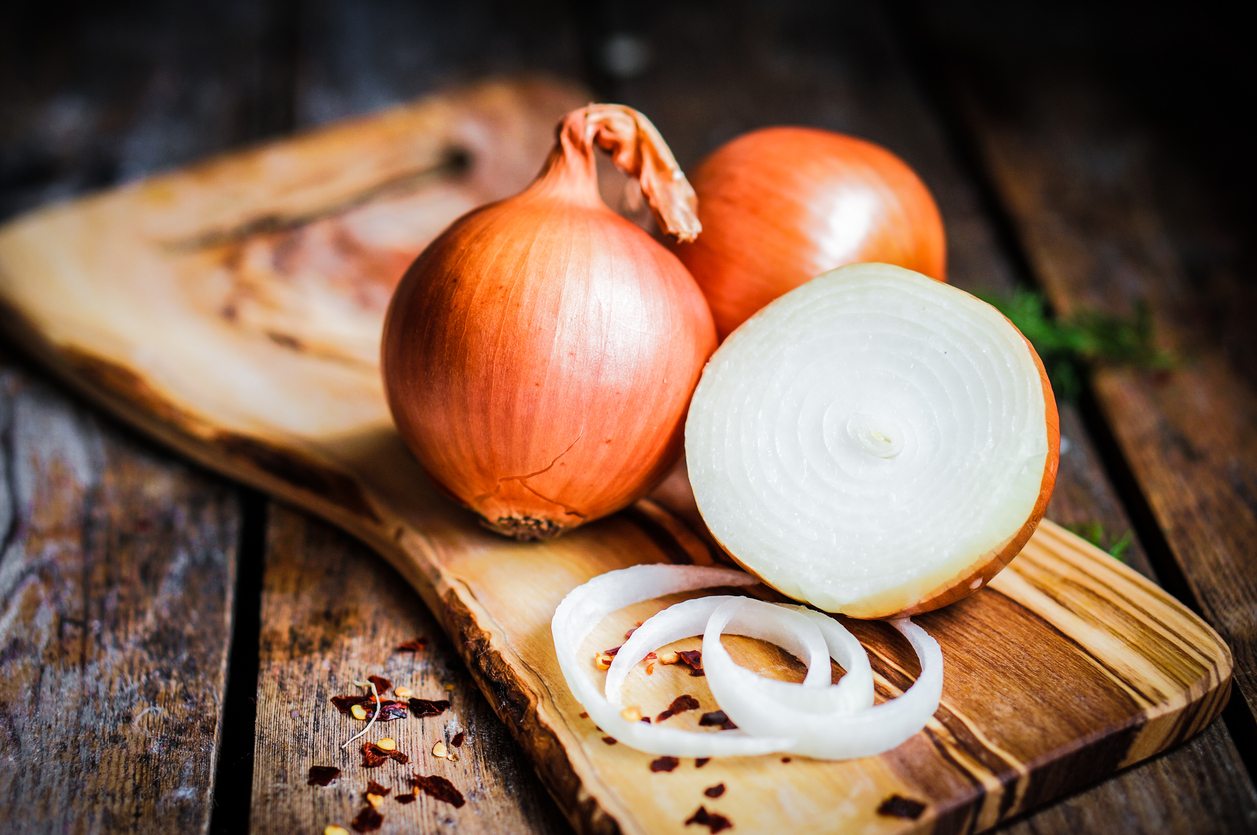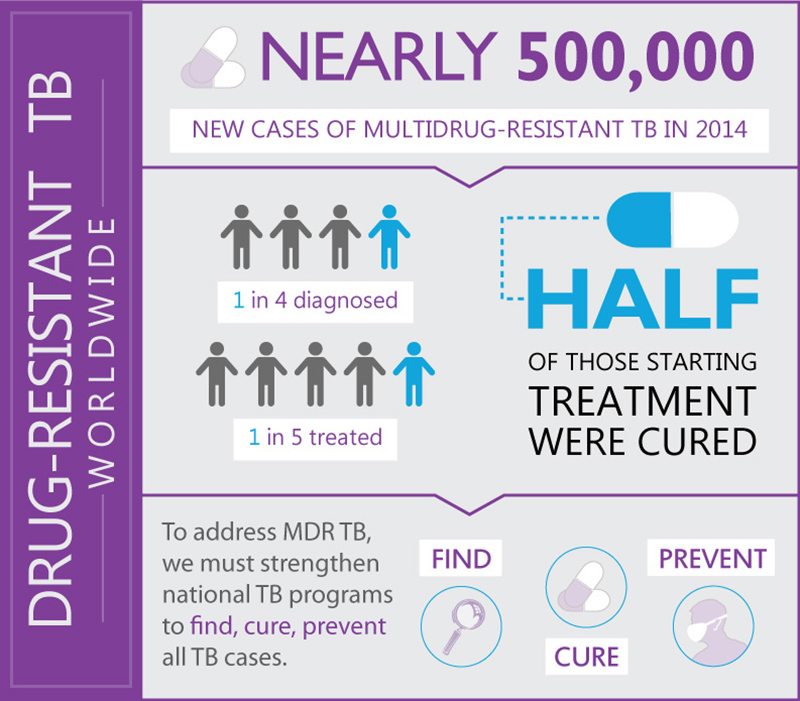The Humble Onion Could be an Effective Weapon Against Superbugs
Don’t cry for onions- embrace them!
Synonymous with tears and onion breath, onions have espoused a new role- one wherein they are ready to combat antibiotic resistance. Researchers believe the antibacterial properties extracted from the Persian shallot could increase the effects of existing antibiotic treatment.
The new study by the UCL and Birkbeck scientists suggests that the Persian shallot could help the fight against antibiotic resistance in cases of tuberculosis. As many as 50 million people worldwide are currently infected with multi-drug resistant TB meaning it is vital to develop new antibacterials.
The team found that four different molecules of shallots demonstrated significant reduction inpresence of bacteria in the multidrug-resistant TB – the most promising candidate of which inhibited growth of the isolated TB cells by more than 99.9%.
The team concluded that the chemical compounds could be used alongside existing antibiotics to combat strains of TB which have developed resistance to anti-bacterial drugs.
The group examined concentrates of knobs from Allium Stipitatum – otherwise called the Persian shallot and utilized as a staple piece of Iranian cooking – and its antibacterial impacts. They combined the substance mixes show in these plants keeping
in mind the end goal to better comprehend and upgrade their antibacterial potential.They tried four diverse orchestrated exacerbates, all of which demonstrated a critical decrease within the sight of the microscopic organisms in the multidrug-safe tuberculosis – the most encouraging applicant of which, with most astounding helpful list, hindered development of the separated TB cells by over 99.9%.
Dr Bhakta, of Birkbeck’s Department of Biological Sciences, said: “Despite a concerted global effort to prevent the spread of tuberculosis, approximately 10 million new cases and two million deaths were reported in 2016. As many as 50 million people worldwide are currently infected with multi-drug resistant TB, which means it’s vital to develop new antibacterials.
“In searching for new antibacterials, we tend to focus on molecules that are potent enough to be developed commercially as new drug entities by themselves. However, in this study we show that by inhibiting the key intrinsic resistance properties of the TB, one could increase the effects of existing antibiotic treatment and reverse the tide of already existing drug resistance.”
Professor Gibbons, Head of UCL Pharmaceutical and Biological Chemistry, said: “Natural products from plants and microbes have enormous potential as a source of new antibiotics. Nature is an amazingly creative chemist and it is likely that plants such as the Persian shallot produce these chemicals as a defence against microbes in their environment. Dr Bhakta and I will be dedicating our research to discovering new antibiotics and understanding how they function. We believe that nature holds the key for new antibiotic chemotypes.”


































